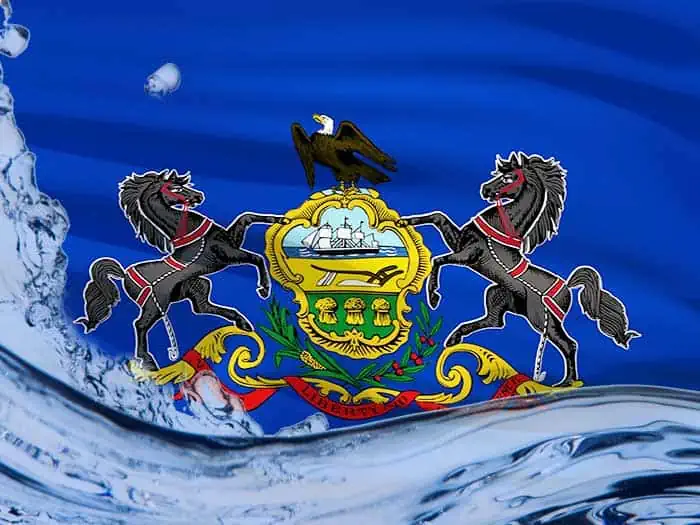


The Pennsylvania Department of Environmental Protection (PADEP) has launched a pilot program to speed up the issuance of National Pollutant Discharge Elimination System (NPDES) permits, focusing on construction stormwater discharges. Started on April 29, 2024, this pilot in 10 counties is designed to streamline the application process for land development projects over one acre that faces unique environmental challenges. Eligible counties include Allegheny, Beaver, Bucks, Chester, Lebanon, Lehigh, Luzerne, Monroe, Montgomery, and York.
From May 1, 2024, the pilot will process up to three NPDES applications per quarter per county, with a yearly maximum of twelve. Applications must involve a licensed professional to oversee the stormwater plan. A significant improvement over traditional methods, the pilot combines completeness and technical reviews within 47 business days. If deficiencies are found, applicants have 22 business days to resolve them, hastening the move to a draft permit stage and public notice.
Exclusions apply to permit renewals, amendments, and projects on brownfield sites or those with large land disturbances or previous enforcement actions. The pilot also mandates two pre-application meetings to ensure eligibility and a final submission within 22 business days after these meetings.
However, the pilot program excludes several types of applications, such as those for permit renewals, amendments, transfers, projects exempt from application fees, or those proposing unapproved stormwater control measures. It also excludes projects requiring special reviews, those disturbing large land areas, or those associated with past enforcement actions. Notably, projects on brownfield sites must complete all required environmental studies and obtain necessary approvals before applying.
The Bureau of Clean Water manages the statewide Erosion and Sediment Control (E&S) program, as specified under 25 Pa. Code Chapter 102, which mandates an E&S permit for certain activities causing significant earth disturbances:
Managed by the Bureau of Clean Water, the pilot seeks to cut application processing times significantly. Additional details and application procedures are available on PADEP’s website.
A draft of the PAG-02 General Permit that would become effective on December 8, 2024, has been posted to DEP’s eLibrary.
Additional Information: